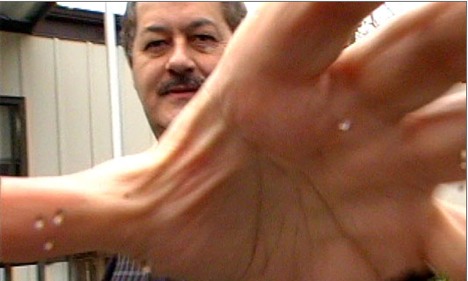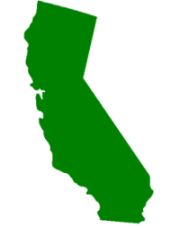 California’s nascent cap-and-trade program appears to be threatened by a ballot measure that is both substantively idiotic and yet diabolically clever. Basically, the measure would suspend implementation until California’s unemployment rate declines to below 5.5 percent. Financial backing comes from oil companies and other big polluters. Shocking, I know.
California’s nascent cap-and-trade program appears to be threatened by a ballot measure that is both substantively idiotic and yet diabolically clever. Basically, the measure would suspend implementation until California’s unemployment rate declines to below 5.5 percent. Financial backing comes from oil companies and other big polluters. Shocking, I know.
Anyway, it’s a stupid idea on the merits because, apart from one industry-funded study, detailed analysis has shown that the bill would actually be beneficial to California’s economy, lowering energy bills and creating jobs. (Plus, the measure would, of course, reduce the state’s sizeable contribution to the planet’s greenhouse gas emissions; and California’s carbon footprint is roughly equivalent to that of France.)
So why is it clever? Because linking the outcome to unemployment cements the (incorrect) impression that carbon reduction is bad for the economy. In fact, simply describing the measure requires one to link climate protection and unemployment. It’s a masterstroke of framing, and it’s a technique that progressives could stand to learn.
Fortunately, this is a game that anyone can play! It shouldn’t be too hard to start adopting this kind of thing in ballot measure-saturated states in the West. So to get the conversation started, here’s a formula I just invented:
[State] will levy an X percent tax on [bad-guy industry product] until [desired social or economic outcome] occurs.
Here’s how it might work:
- Oregon will levy a 25 percent tax on cigarettes until teen smoking declines below 10 percent;
- Montana will levy a 50 percent tax on the in-state profits of payday lending firms until the state’s child poverty rate declines below 10 percent.
- Washington will levy a 10 percent tax on petroleum products until U.S. oil industry profits decline below $50 billion per year.
You could tweak the dials here: change the numbers, change the targets, whatever. But I think you get the idea. In a best case scenario, progressives could win big fat Pigovian tax victories, and net a bunch of revenue to direct to their objectives.
But even if the ballot measures failed, they would amount to a campaign season’s worth of PR for their pet issue. Tobacco sales are bad for kids; payday lending hurts poor children; the oil industry is screwing consumers. It’s fun, right?
I mean, if your state’s politics are locked in the death spiral of cynical bought-and-paid-for faux-populist ballot initiatives, the least you can do is leverage the dysfunction to do a little good for the world.
This post originally appeared at Sightline’s Daily Score blog.




